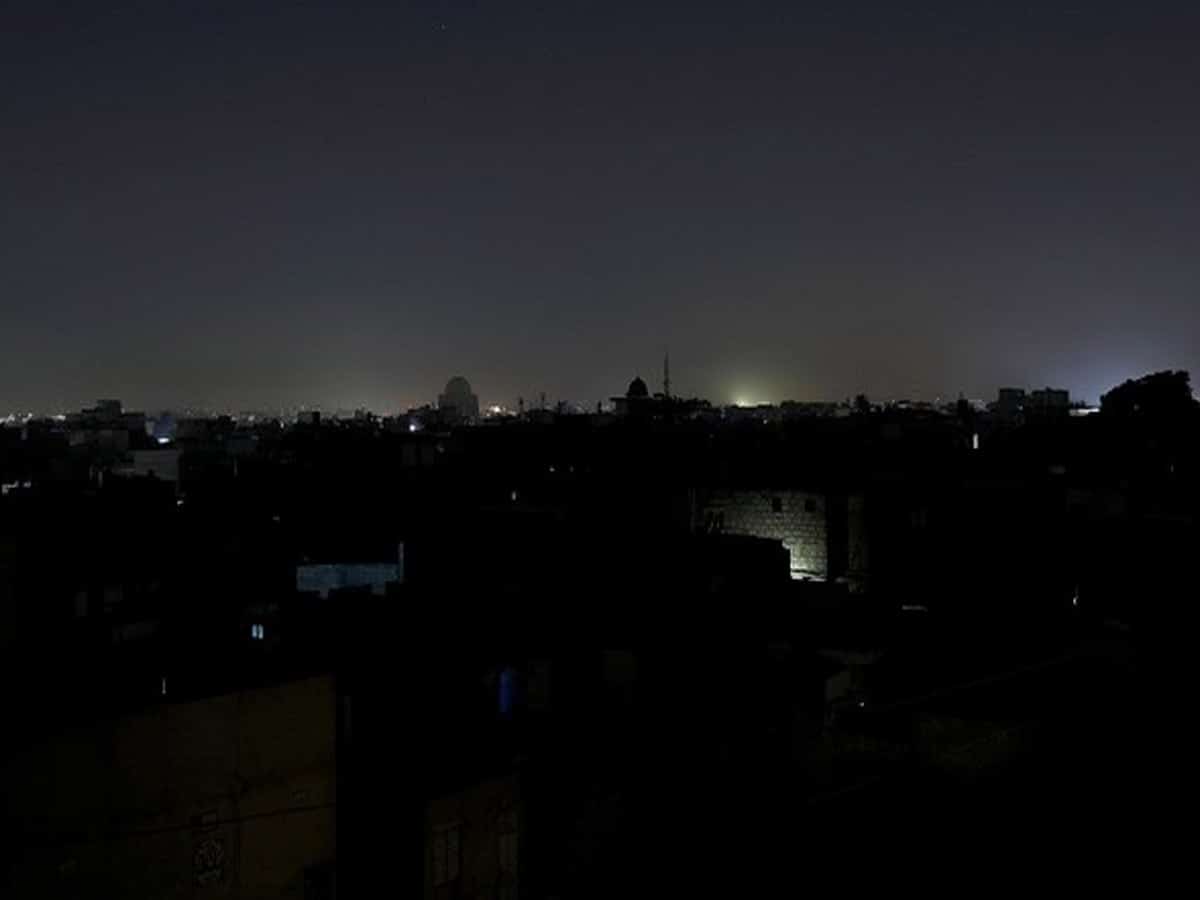Austin: Nearly 3.4 million utility customers around the U.S. were still without power Wednesday in the aftermath of a winter storm that overwhelmed power grids unprepared for climate change, and another blast of snow and ice threatened to impede the efforts to restore service.
The latest storm front was expected to bring more hardship to parts of Texas, Arkansas and the Lower Mississippi Valley before moving to the Northeast on Thursday.
There’s really no letup to some of the misery people are feeling across that area, said Bob Oravec, lead forecaster with the National Weather Service, referring to Texas.
More than 100 million people live in areas covered by some type of winter weather warning, watch or advisory, the weather service said.
At least two dozen people have died in the extreme weather this week, some while struggling to find warmth inside their homes. In the Houston area, one family succumbed to carbon monoxide from car exhaust in their garage. Another perished as they used a fireplace to keep warm.
Record low temperatures were reported in city after city. Blame the polar vortex, a weather pattern that usually keeps to the Arctic but is increasingly spilling into lower latitudes. Scientists say global warming caused by humans is partly responsible for making the polar vortex’s southward escapes longer and more frequent.
Utilities from Minnesota to Texas and Mississippi have implemented rolling blackouts to ease the burden on power grids straining to meet extreme demand for heat and electricity. In Mexico, rolling blackouts Tuesday covered more than one-third of the country after the storms in Texas cut the supply of imported natural gas.
More than 3 million customers remained without power in Texas, Louisiana and Mississippi, more than 200,000 more in four Appalachian states, and nearly that many in the Pacific Northwest, according to poweroutage.us, which tracks utility outage reports.
The weather has threatened the nation’s COVID-19 vaccination effort. President Joe Biden’s administration said delays in vaccine shipments and deliveries were likely.
The worst U.S. power outages by far have been in Texas, where officials requested 60 generators from the Federal Emergency Management Agency and planned to prioritize hospitals and nursing homes. The state opened 35 shelters to more than 1,000 occupants, the agency said.
Texas’ power grid manager, the Electric Reliability Council of Texas, said electricity had been restored to 600,000 homes and businesses by Tuesday night but that 2.7 million households were still without power.
Blackouts lasting more than an hour began before dawn Tuesday in and around Oklahoma City, stopping electric-powered space heaters, furnaces and lights just as temperatures hovered around minus 8 degrees (minus 22 degrees Celsius). Oklahoma Gas & Electric urged users to set thermostats at 68 degrees Fahrenheit (20 degrees Celsius), avoid using major electric appliances and turn off lights or appliances not in use.
Entergy imposed rolling blackouts Tuesday night in Arkansas, Louisiana, Mississippi and Southeast Texas at the direction of its grid manager, the Midcontinent Independent System Operator, as a last resort and in order to prevent more extensive, prolonged power outages that could severely affect the reliability of the power grid, according to a statement from the New Orleans-based utility.
The Southwest Power Pool, a group of utilities covering 14 states, said the blackouts were a last resort to preserve the reliability of the electric system as a whole.
Vice President Kamala Harris addressed those who had lost power during a live interview Wednesday on NBC’s Today.
I know they can’t see us right now because they’re without electricity, but the president and I are thinking of them and really hope that we can do everything that is possible through the signing of the emergency orders to get federal relief to support them, Harris said.
The weather also caused major disruptions to water systems in the Texas cities of Houston, Fort Worth, Galveston, Corpus Christi and in Memphis, Tennessee. In Houston, residents were told to boil their water if they had power to do so because of a major drop in water pressure linked to the weather.
In Abilene, Texas, firefighters were hampered by low water pressure as they tried to extinguish a house fire this week, the Abilene Reporter News reported.
They had to watch that house burn, City Manager Robert Hanna said Tuesday at a news conference.
The situation in Texas drew attention at Wednesday’s International Energy Forum, including messages of support from Saudi Arabia’s energy minister and OPEC Secretary General Mohammed Barkindo.

